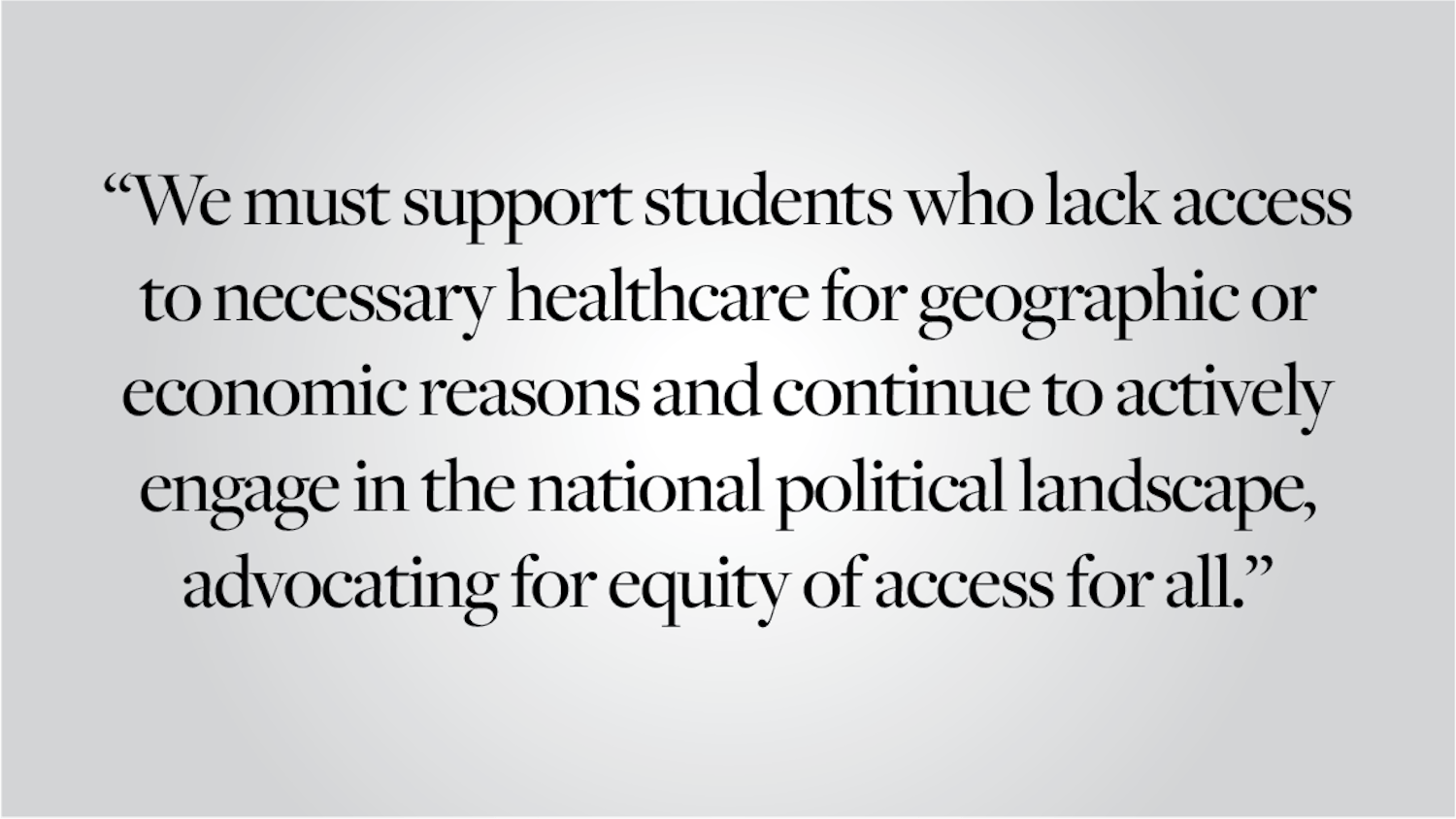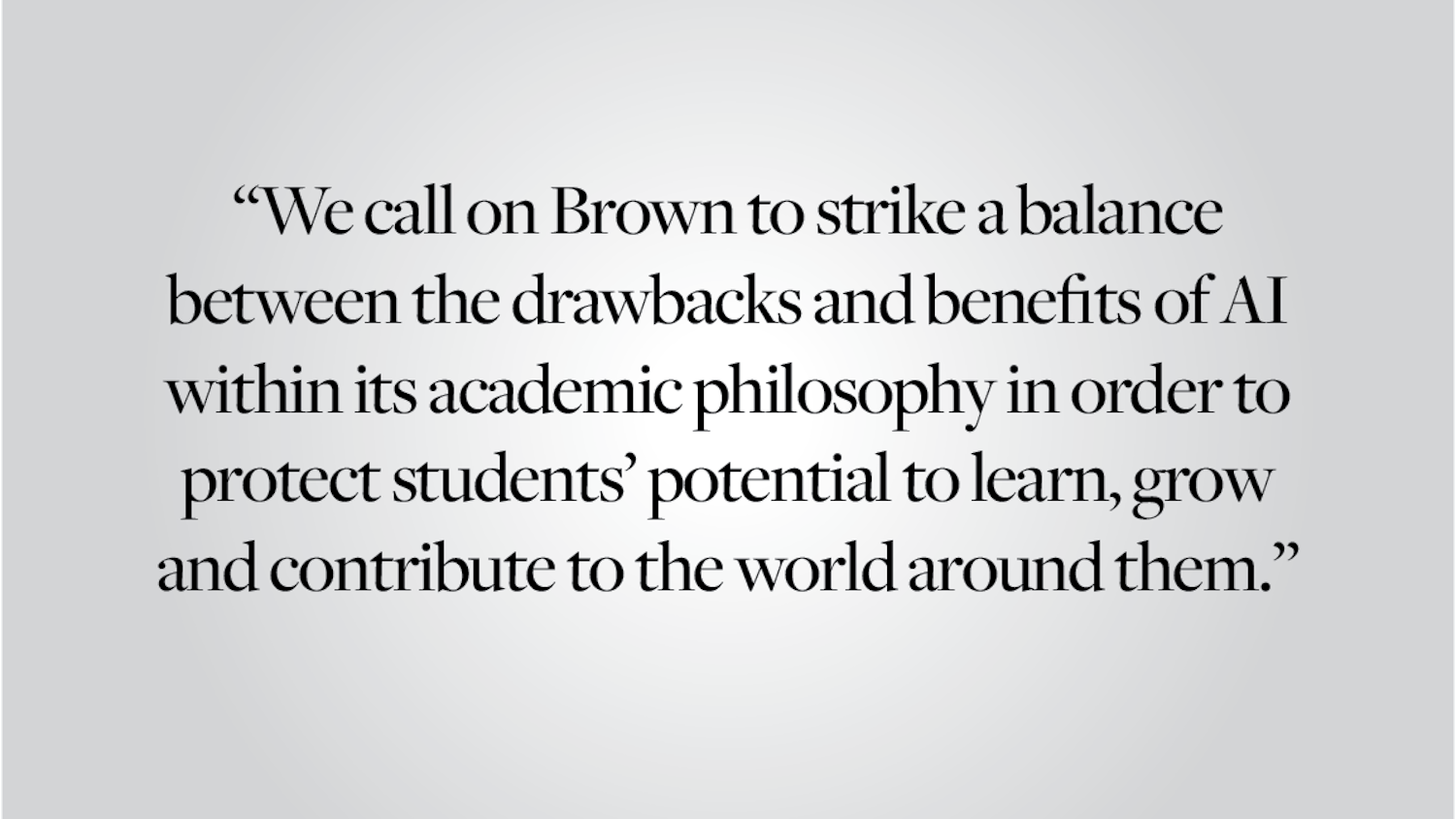While often articulating a muddled view of the proverbial collegiate hierarchy, the rankings provided in U.S. News and World Report inevitably — in ways both tangible and intangible — shape the mindset of prospective high school applicants. These rankings’ calculated data points on higher education institutions often are in tension with students’ real experiences on campus. Though slipping two rungs in the overall rankings is by no means a cause for alarm, we are concerned with the level of weight placed on the University’s positioning among peers — a task that is ultimately handled by the administration. Though we understand an occurrence of what Marisa Quinn, vice president for public affairs and University relations, called administrative “oversight,” we strongly urge the University to continue to adhere to the process set forth by U.S. News, as both domestic and global perceptions of the institution are measured, to some extent, by the standardized underpinnings of the results. So long as these rankings influence the quality of the applicant pool, the University must continue to compete for a higher ranking.
On Tuesday, The Herald reported that the University fell two positions to 16th place overall in U.S. News, a change ultimately attributed to a costly omission within the selectivity category of a 500-question survey. In contributing to the ongoing conversation regarding the efficacy and accuracy of these standardized rankings, a dialogue recently continued in Valerie Strauss’ Washington Post piece entitled, “Why U.S. News college rankings shouldn’t matter to anyone,” we recognize that the report fails to holistically capture the dynamics and complexity of the college experience.
But we equally understand the associated consequences of a failure to ‘conform’ to this generally accepted practice. Reed College, a school that in 1995 chose to not participate in the U.S. News rankings, represents a successful case of non-adherence and a feasible model for the University in the future. In navigating the sensitive landscape of this issue, the University must weigh the impact and implications of the rankings and choose where it stands on the issue — if it decides to comply with the U.S. News ranking process, it must work to accurately represent itself within the context of the publication’s stated metrics.
At the same time, both the University and potential applicants should give greater consideration to rankings that focus on specific attributes. Colleges are also compared for economic diversity, ethnic diversity, accommodation of veterans, freshman retention rate, LGBTQ-friendliness and political activity. (The University and student body were particularly proud of topping the Princeton Review’s 2010 list of “Happiest Students.”) In overall rankings, factors that do not have an effect on a student’s daily life — including endowment size — often play too large a role. Applicants should take the time to research the lists that matter to them, and universities should in turn focus on improving attributes not for the sake of overall rankings but in a way that cultivates the campus they imagine. Rankings are inherently simplistic. However, they have a true impact on applicant pools, and the University and admission officers should consider how they can be utilized to their advantage.
Editorials are written by The Herald’s editorial page board, led by Alexander Kaplan ’15 and James Rattner ’15. Send comments to editorials@browndailyherald.com.
ADVERTISEMENT




